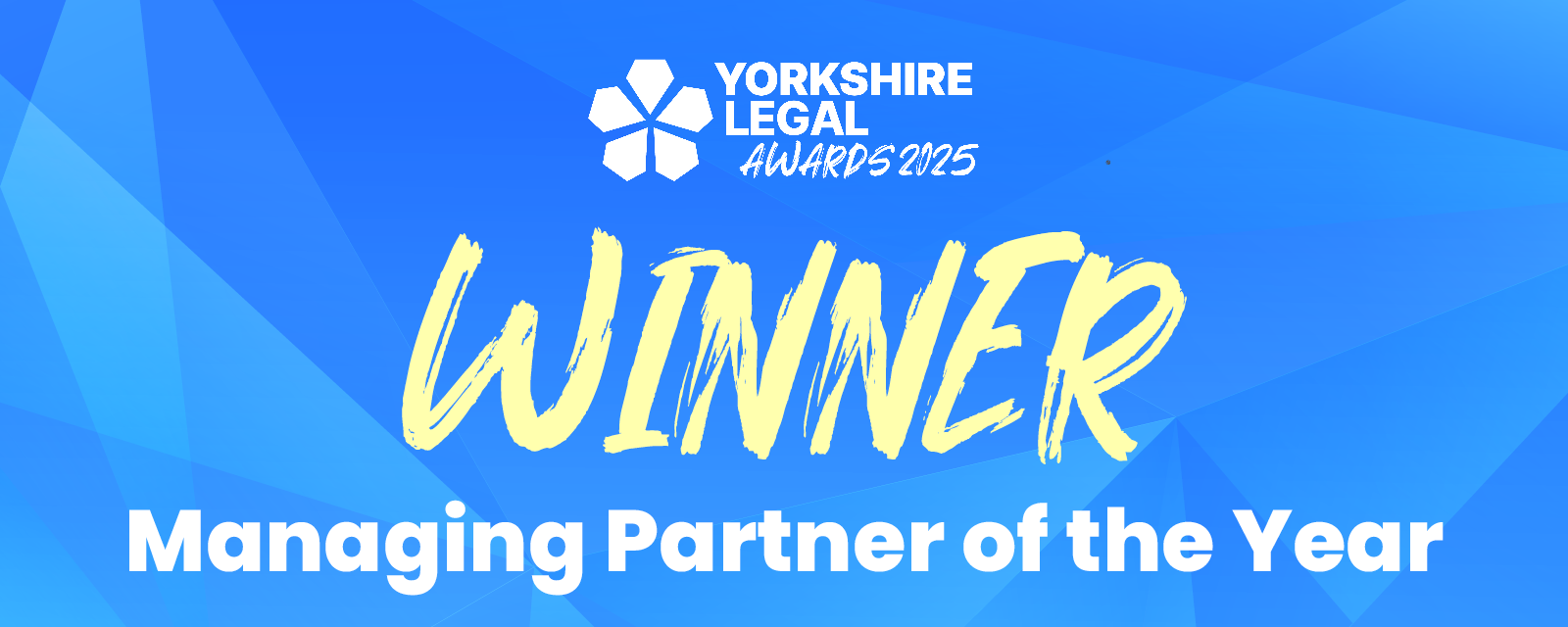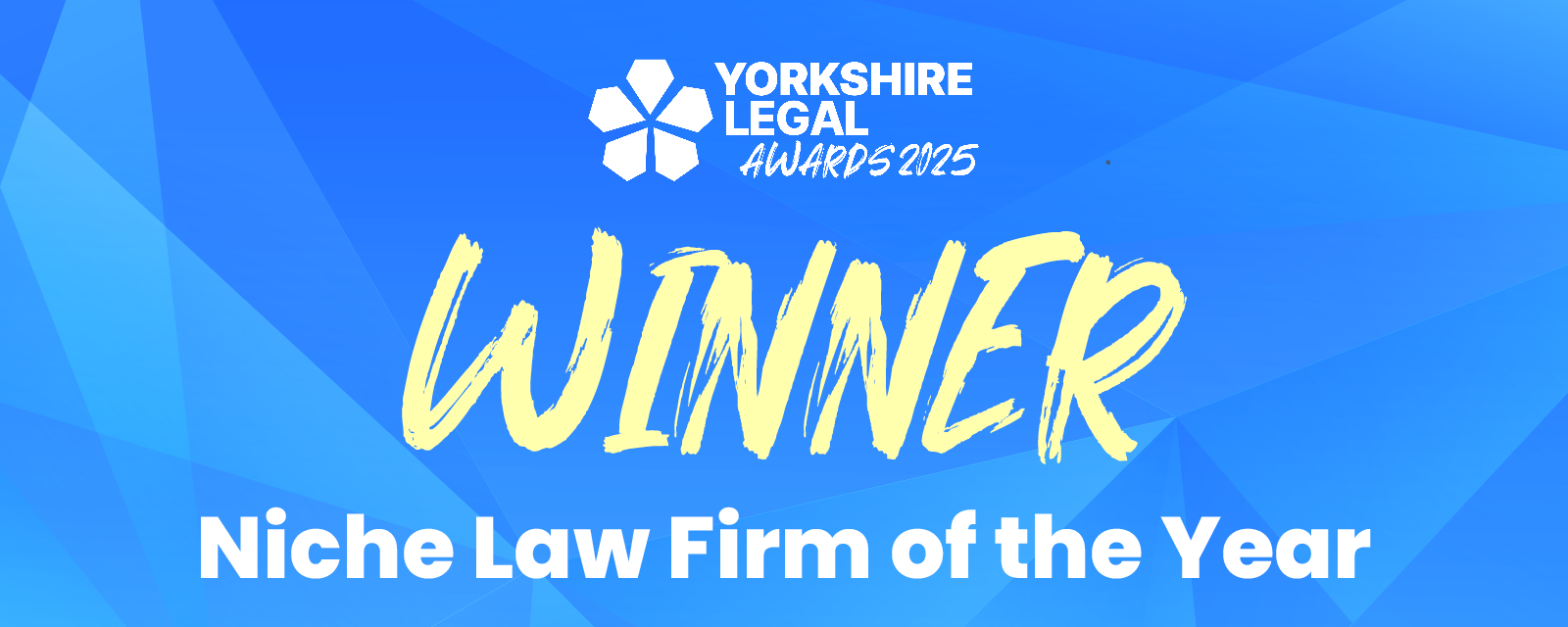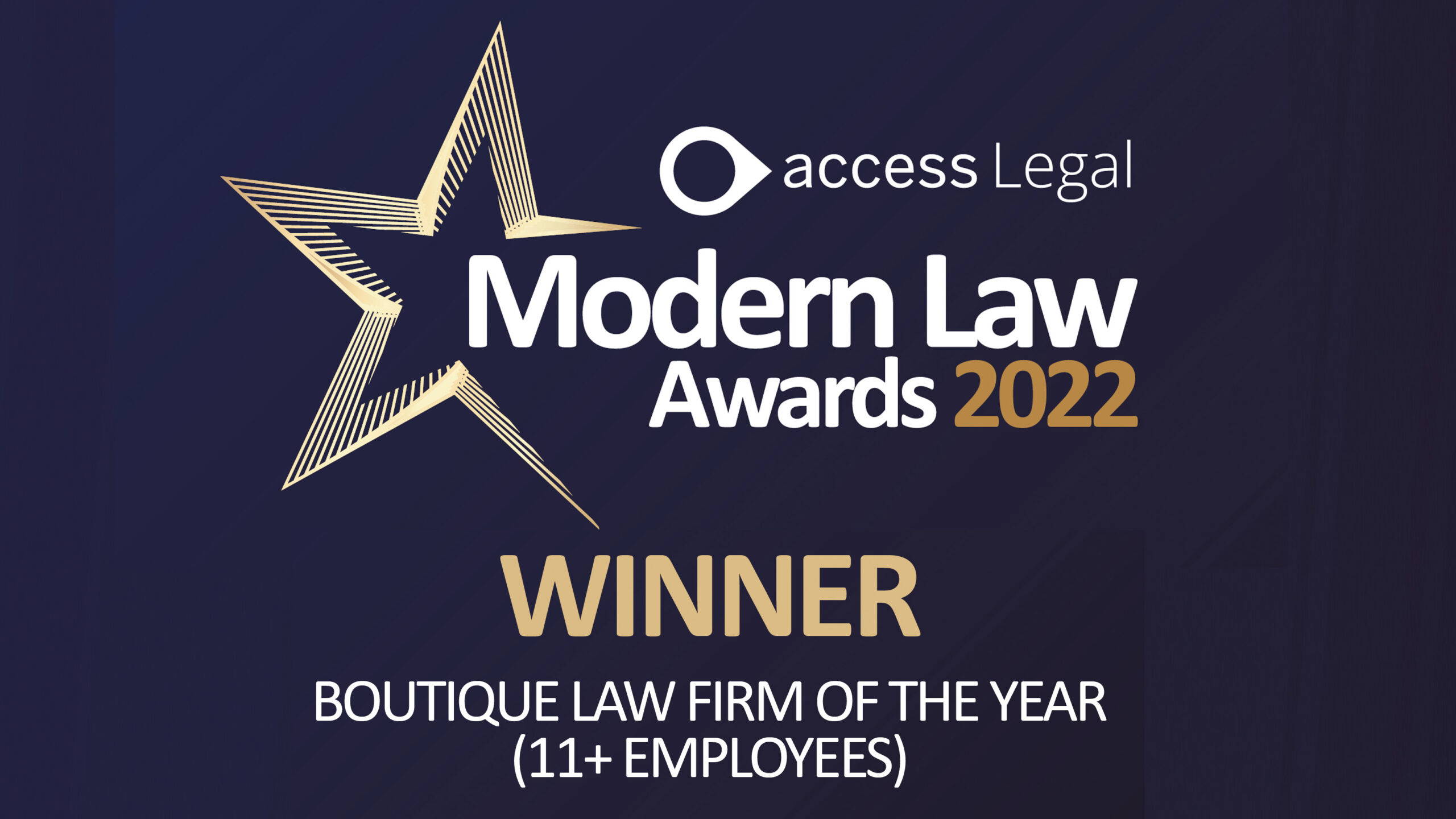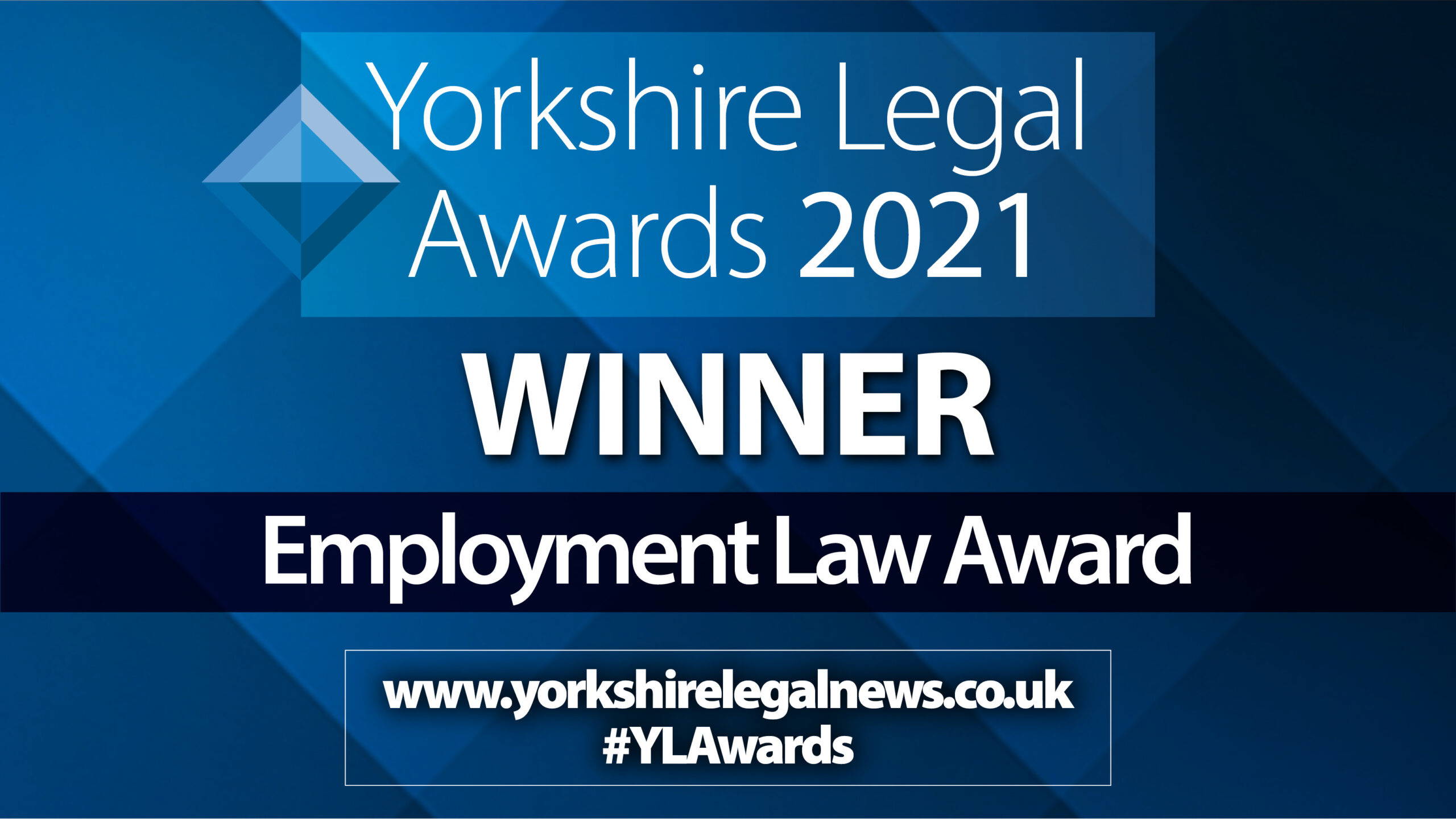By Jodie Hill
For many of us with ADHD, the traditional workplace can feel like trying to run a marathon in the wrong shoes – painful, unsustainable, and often impossible to succeed in without injury.
I was diagnosed with ADHD later in life, and suddenly, so many of my past experiences made sense. The burnout. The overstimulation. The sense that I was too much in one moment and not enough in the next. It wasn’t me – it was the environment I was trying to fit into.
That’s why I wrote a new piece for the Yorkshire Post, highlighting why ADHD entrepreneurs are not a problem to fix — we’re the future of leadership.
📰 You can read the full piece here:
👉 ADHD Entrepreneurs Are Not a Problem – They’re the Future
The Rise of ADHD Entrepreneurs
ADHD is often misunderstood – but when supported well, it’s a superpower for entrepreneurship. Studies show that up to 60% of entrepreneurs have ADHD traits, and people with a formal diagnosis are five times more likely to start their own business. Why? Because entrepreneurship gives us the freedom to design our own systems, choose our pace, and play to our strengths.
We bring innovation, creativity, hyperfocus, high energy, and a willingness to take bold risks. But we also face very real challenges – from overwhelm and poor executive functioning to imposter syndrome and emotional dysregulation.
And when those challenges go unsupported in traditional workplaces, we often get labelled “the problem.”
But here’s the reality:
If you don’t make your workplace inclusive for neurodivergent minds, you risk losing your most creative, driven people – not just as employees, but as future competitors.
I know this because I was one of those people. I left and built something better – and I’ve seen others do the same.
Looking After Yourself as an ADHD Founder
Running a business with ADHD is liberating, but it can also be draining if you don’t put support systems in place. You can’t build a thriving company if you’re constantly running on empty.
Here are a few things I’ve learned as a founder with ADHD:
1. Set boundaries around your energy, not just your time.
Learn what tasks drain you and which give you energy. Schedule your work around your personal rhythms. Be kind to your self when you can get started and switch to something else. An ADHD coach can really help with strategies with this.
2. Build a team that complements your brain.
Delegate where possible – especially in areas you struggle with, like admin, finances, (forms and spreadsheets) or operations. Don’t try to do it all. Lean into your strength rather than struggling through.
3. Embrace structure – but on your terms.
You don’t need rigid 9-5 routines, but you do need tools. Try visual planners, time-blocking, and voice notes instead of lists. Use dictation and tech to help you manage your time better.
4. Find dopamine in healthy ways.
Creative projects, movement, new challenges, or even changing your work location can give your brain the stimulation it needs. Schedule in self care and breaks – otherwise you will forget to eat and drink!
5. Practice radical self-compassion.
You will forget things. You will start and abandon projects. It doesn’t mean you’re failing – it means you’re human. Be kind to yourself.
6. Create space for rest and recovery.
Hyperfocus and high drive can burn you out fast. Schedule recovery time the same way you’d schedule a client meeting.
What We’re Doing at Thrive
I didn’t just build Thrive Law to escape the workplace – I built it to reimagine what work could be. We support organisations across the UK to create neuroinclusive cultures – ones where neurodivergent minds are supported, celebrated, and retained.
If you’re a founder or leader looking to build a more inclusive culture, we’ve got practical tools, training, and strategic advice to help.
🚀 Explore our Neurodiversity Hub here:
👉 www.thrivelaw.co.uk/neurodiversity
And if you’re an ADHD founder reading this and thinking, “this is me”, please know:
• You are not too much.
• You are not broken.
• You are not failing.
You are building a future that works for you – and that is something to be proud of.
Final Thoughts
Leadership is changing. It’s no longer about rigid systems, outdated norms, or narrow definitions of professionalism. The most innovative businesses of the future will be those led by people who’ve had to build their own path — often because the existing ones were blocked.
So ask yourself:
Is your workplace pushing out brilliance that doesn’t look like yours?
If the answer is yes, it’s time to do better.
Let’s create a future where every kind of mind can thrive.









